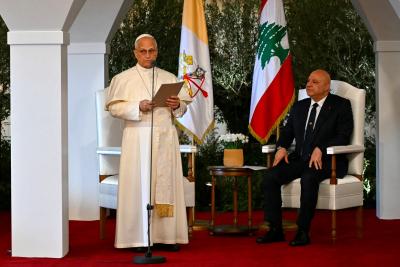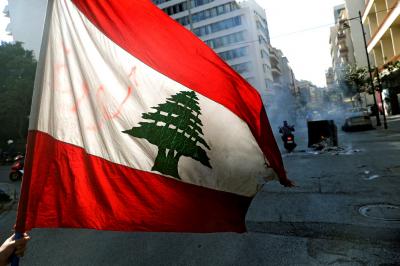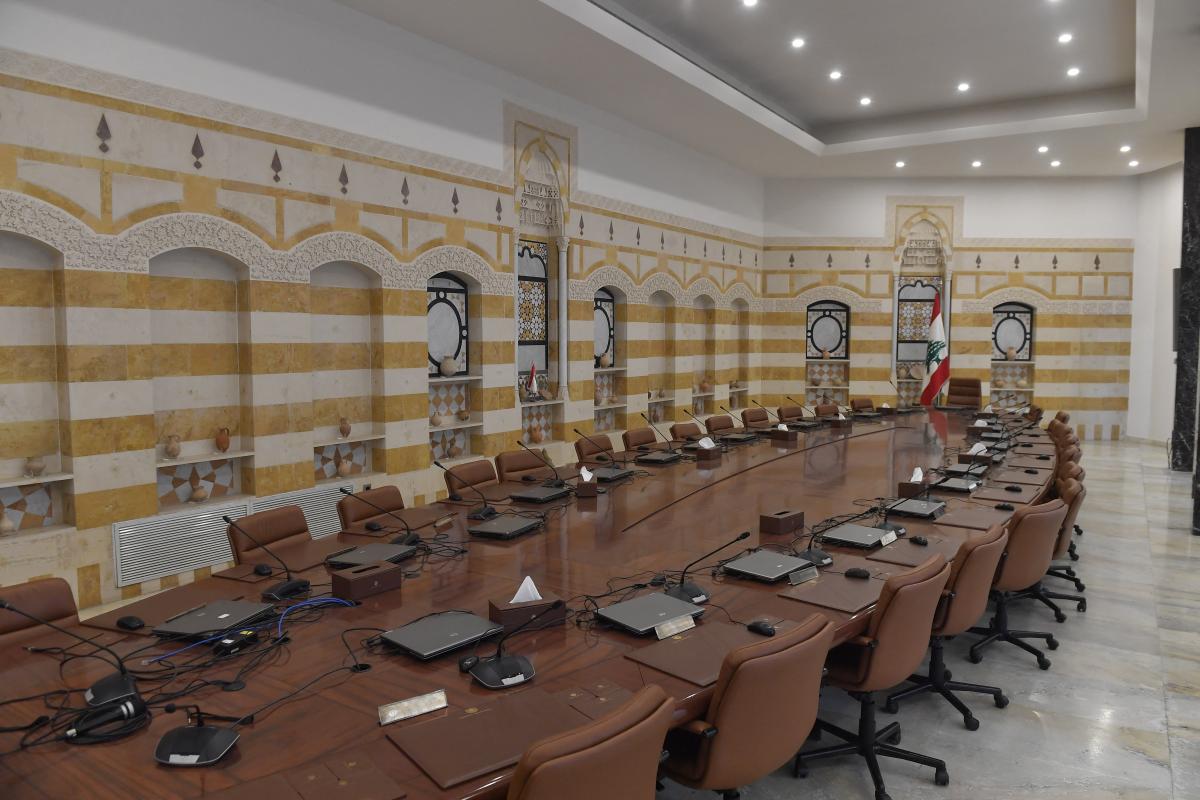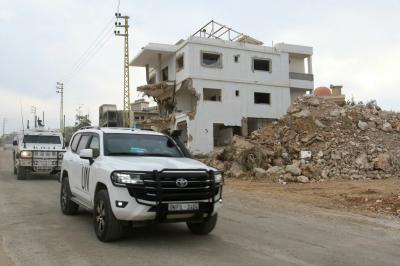In Lebanon, there is a growing restlessness that is no longer hidden and can no longer be ignored. Among the restless are those who brought disaster upon themselves, but most are victims of a public and legalized looting whose perpetrators continue to escape accountability. Yet, the discontent affects everyone, including those elected, because people believed they could address its causes or at least gave the impression that they knew how to untie the knots and resolve the crises.
The year is drawing to a close, yet we have not taken a single step toward a long-awaited solution that would restore dignity to the Lebanese and spare Lebanon the humiliation of begging for aid from near and far, or submitting to harsh conditions, simply because it still refuses (Lebanon) to face the truth and put its finger on the open wound, preferring instead to lick the blade, deluding itself that its own blood is a cure.
The year has entered its final quarter, and the problems that officials pledged to address remain unchanged: false economic growth, rising inflation, further erosion of purchasing power, and administrative decay. We often hear talk of imminent administrative reforms, but what we see on the ground gives no sign of solutions on the horizon. The appointments that were made did not cover the entire public administration but were limited to a handful of ministries and regulatory bodies. The administration needs cleansing and an infusion of new blood to become effective.
The Ministry of Education and the state of schooling, along with the Lebanese University and its forgery scandals, are the clearest evidence of the decline in the country’s educational standards. The Customs Directorate, despite its improved performance, remains a subject of ongoing controversy. A formal visit to an administration known as a den of corruption does not activate it — only sustained oversight can purify and improve its work.
The administrative reality could be summed up by a retired military analyst who once remarked about officials’ management style: “When you hear them, you think you’re listening to President Fouad Chehab; when you see their actions, you’re reminded of President Émile Lahoud.”
The year is in its final quarter, and the entanglement of powers in Lebanon persists, with one authority still dominating the other two, paralyzing the work of the entire state. Today’s style of governance closely resembles the negotiation phase of the Mar Mikhael Agreement between the Free Patriotic Movement and Hezbollah, a few months before the July 2006 war. A commentary at the time described the talks as a negotiation between a “veteran,” Hezbollah, and a “novice,” the man who would later succeed General Michel Aoun as head of the Free Patriotic Movement.
The year is in its last quarter, and the promises and commitments remain confined to paper. The translation of those promises into action must begin with a heartbeat pumped into the nation’s veins by the President of the Republic, who is the symbol of the nation, head of the authorities, and the conscience of the homeland. Yet that heartbeat remains faint, while the ongoing political debate leads nowhere.
Words have never been enough, and they are not enough now. Making a decision is important, but following up on it is even more so. Courage does not lie in keeping the plan to extend state sovereignty secret from the Lebanese while revealing it to international parties; it lies in announcing its progress openly, step by step. It is unacceptable that the Lebanese learn of the army’s achievements south of the Litani River from the U.S. Central Command or from political party leaders rather than from their own government institutions.
All officials must understand that while governments change, the administration remains to ensure continuity, which is why it must be cleansed and reactivated without delay.
Please post your comments on:
[email protected]
 Politics
Politics














